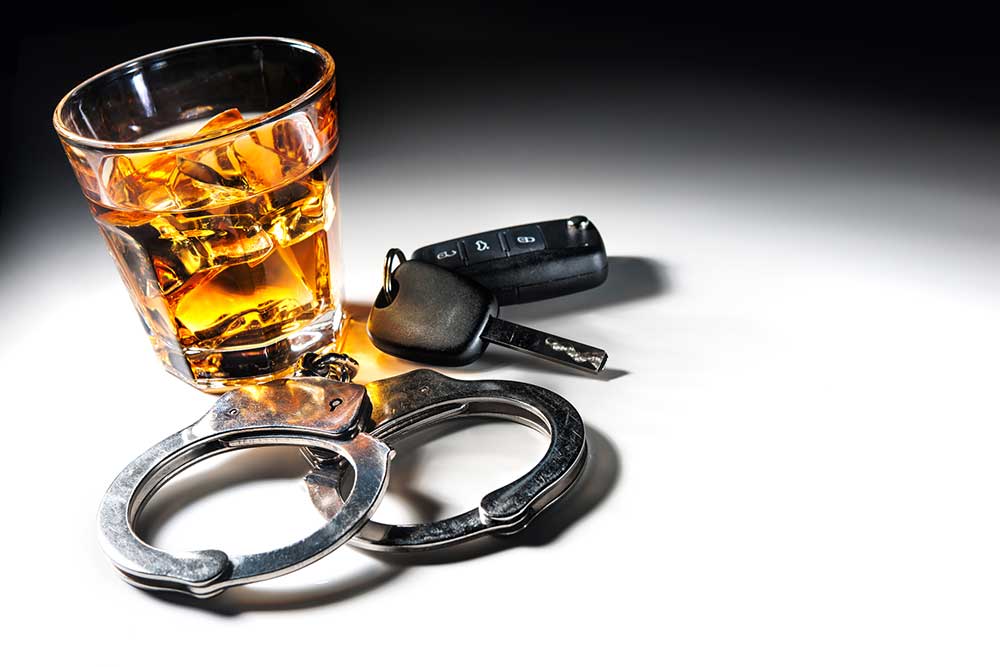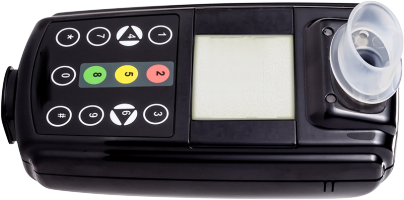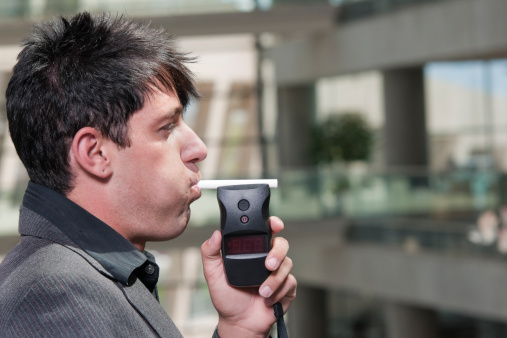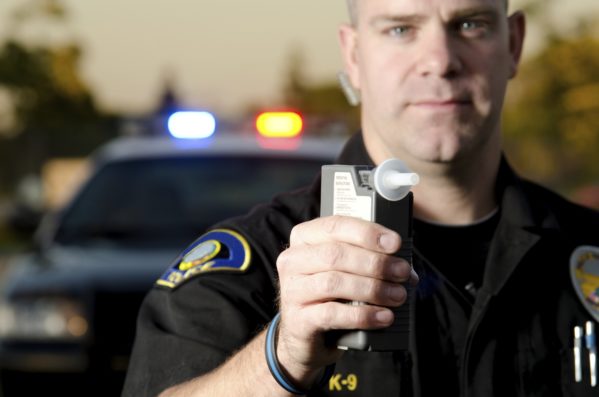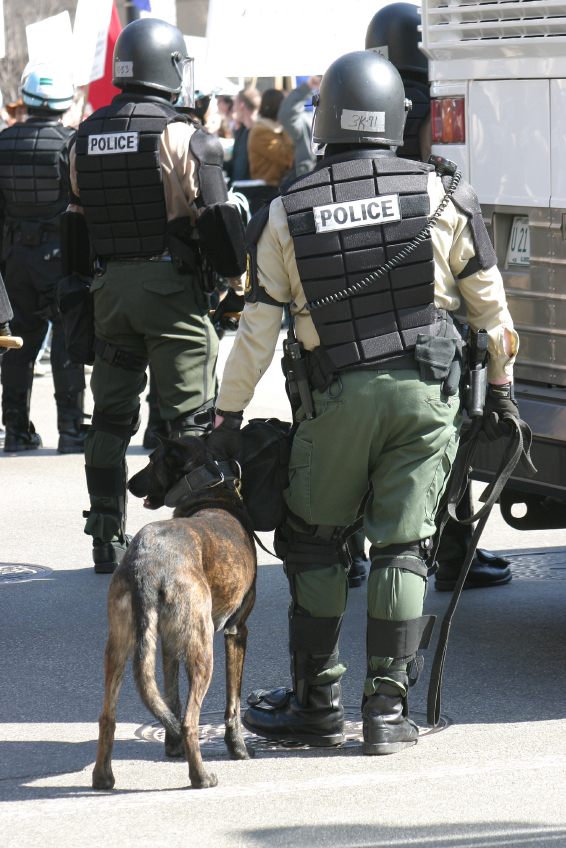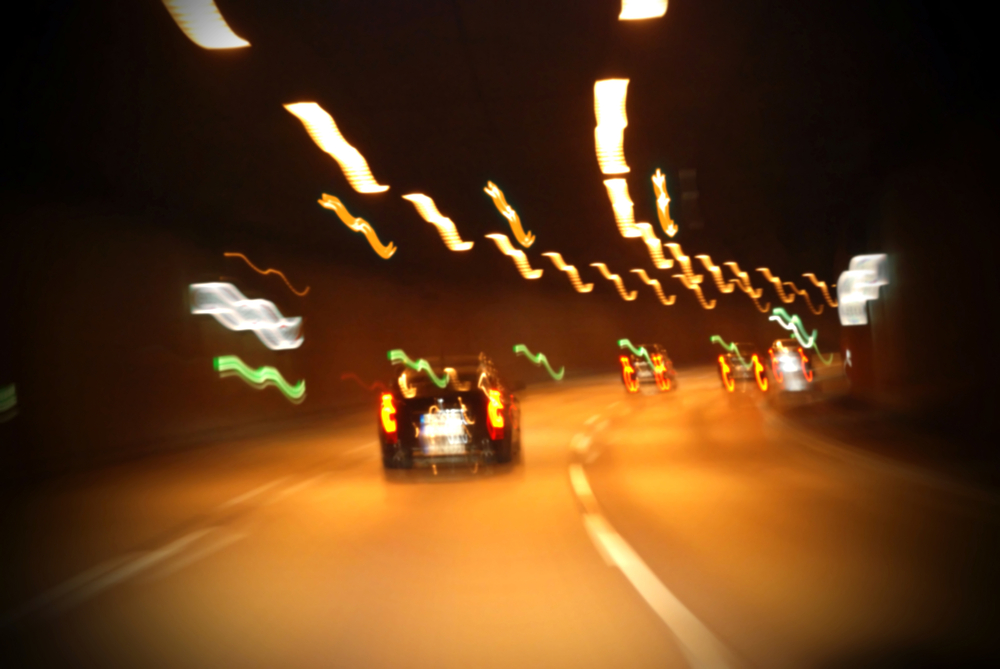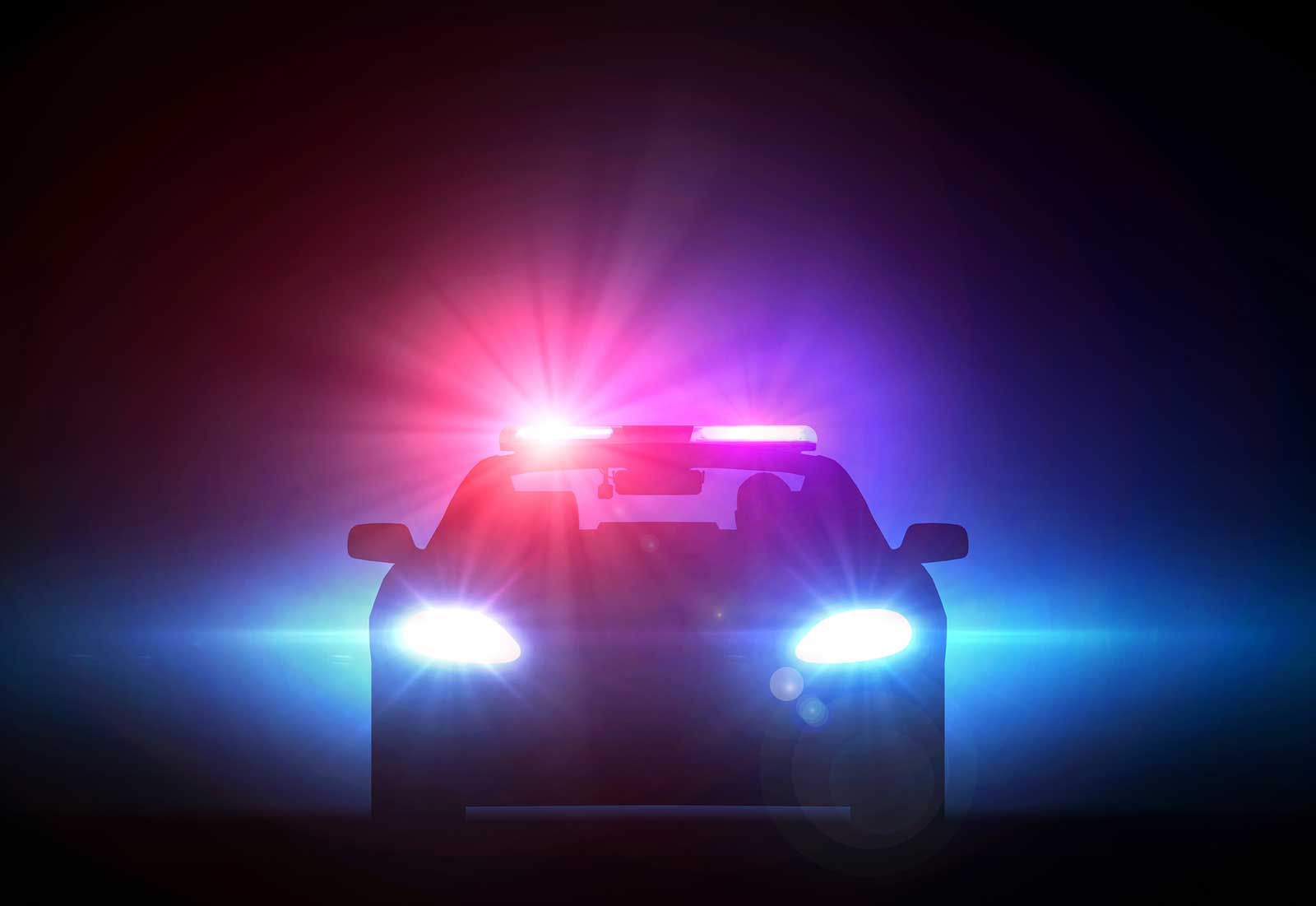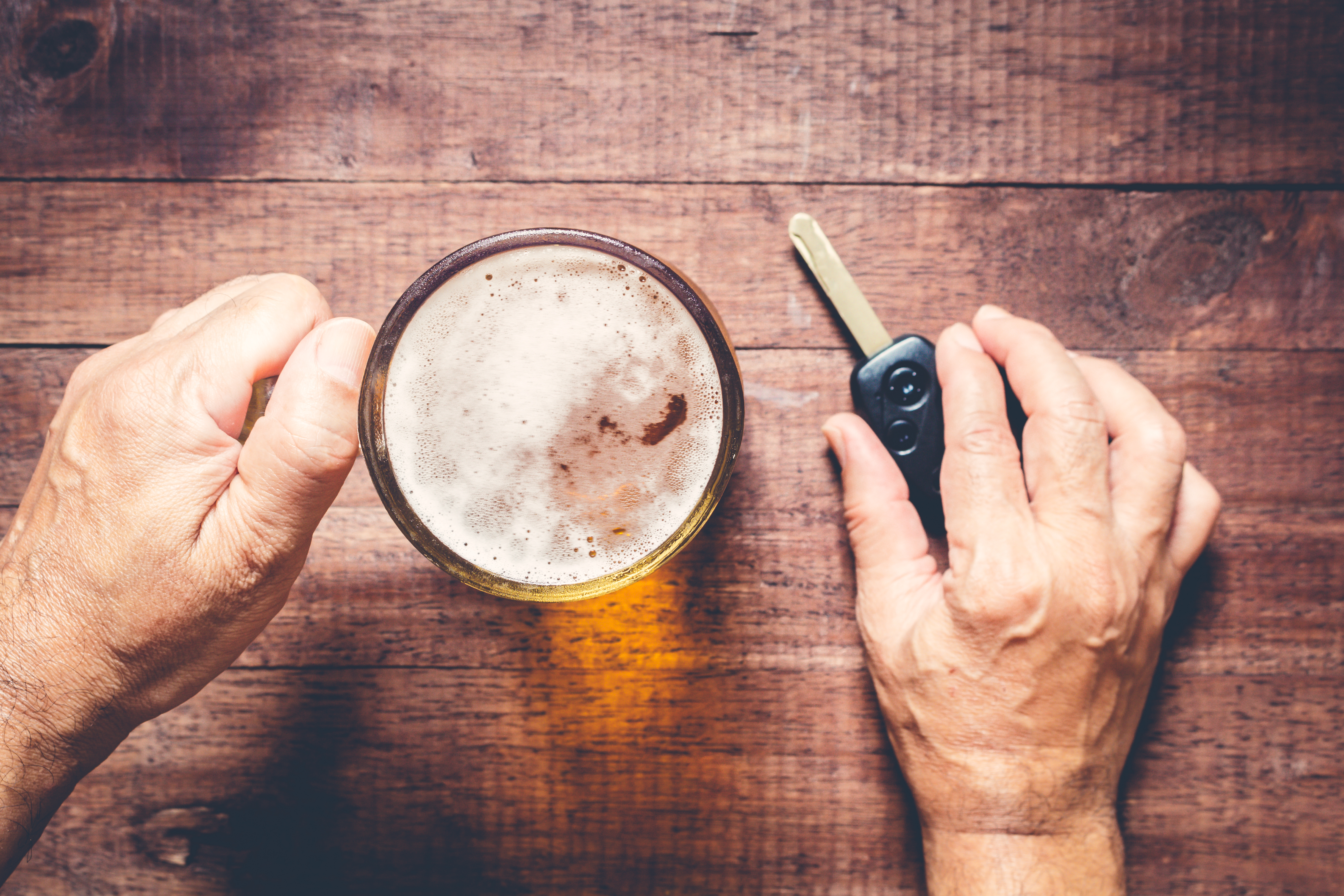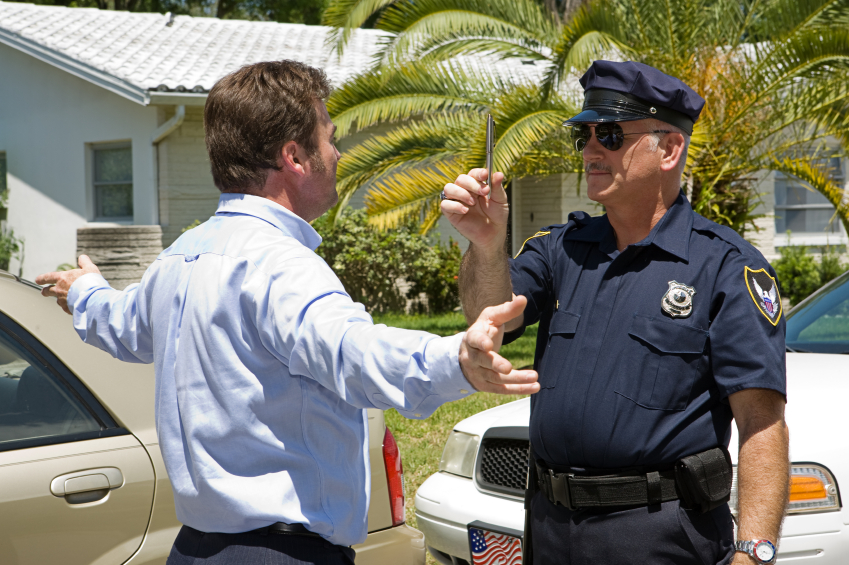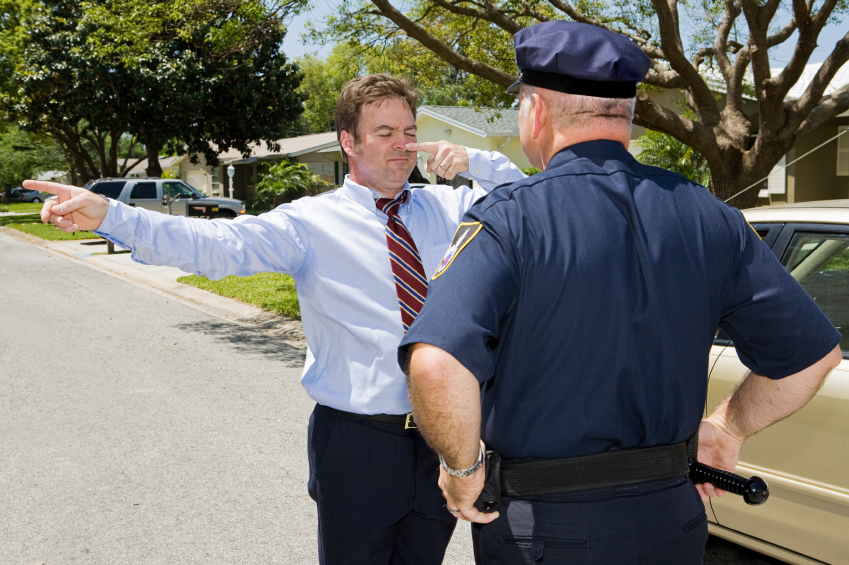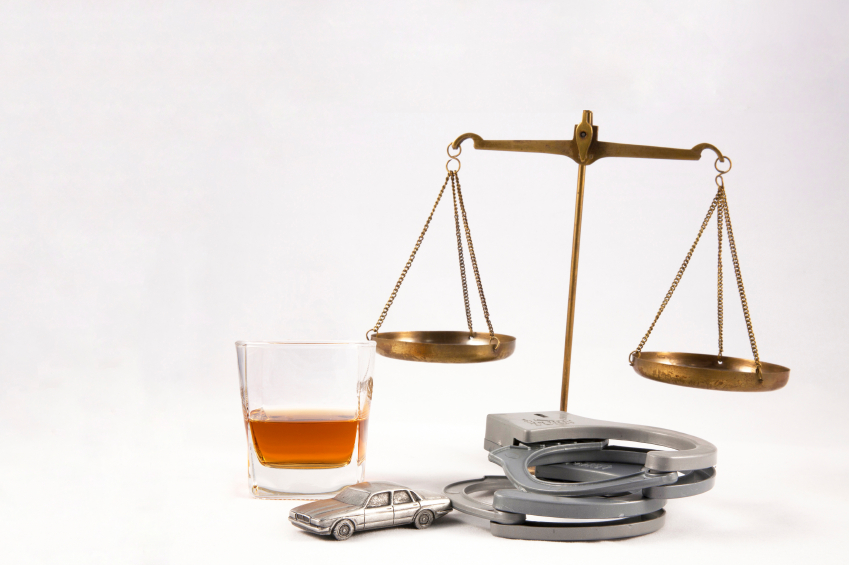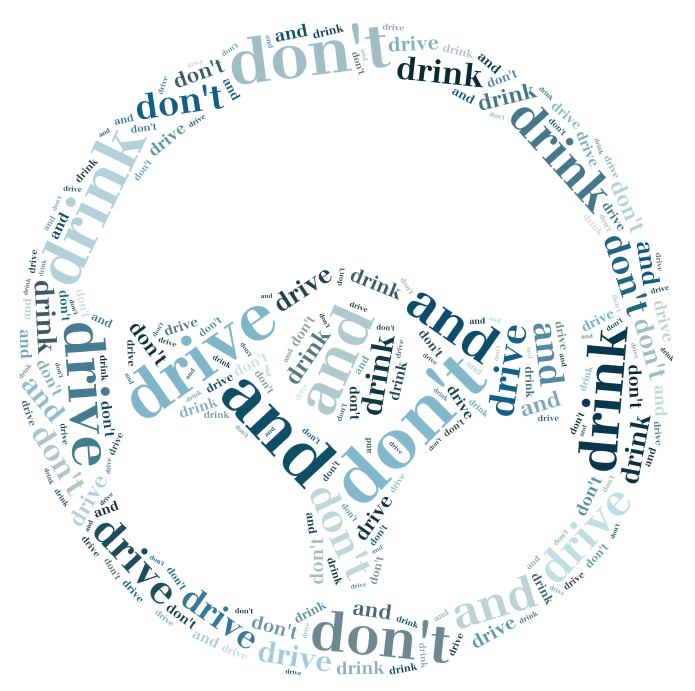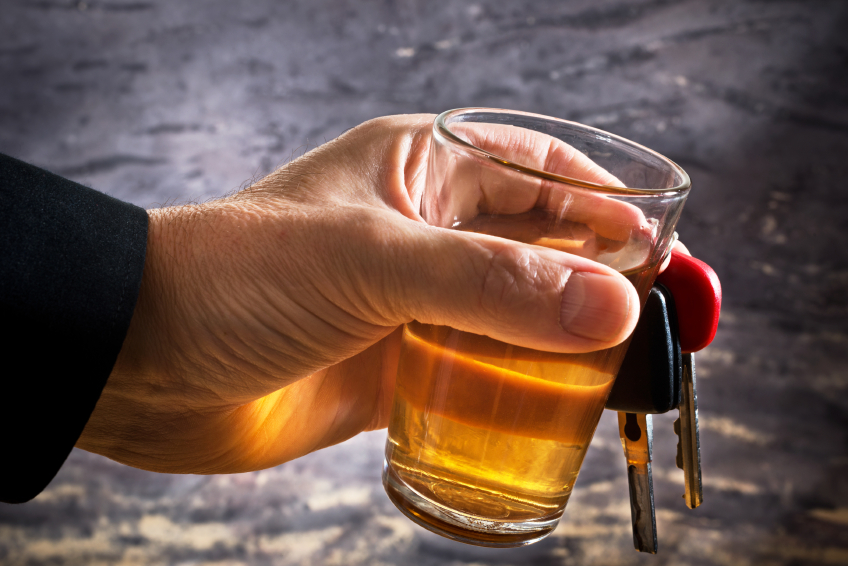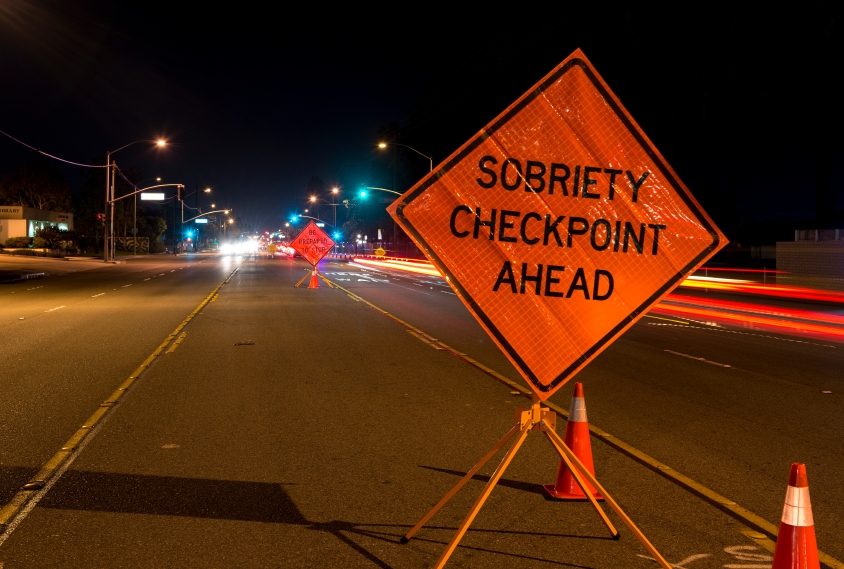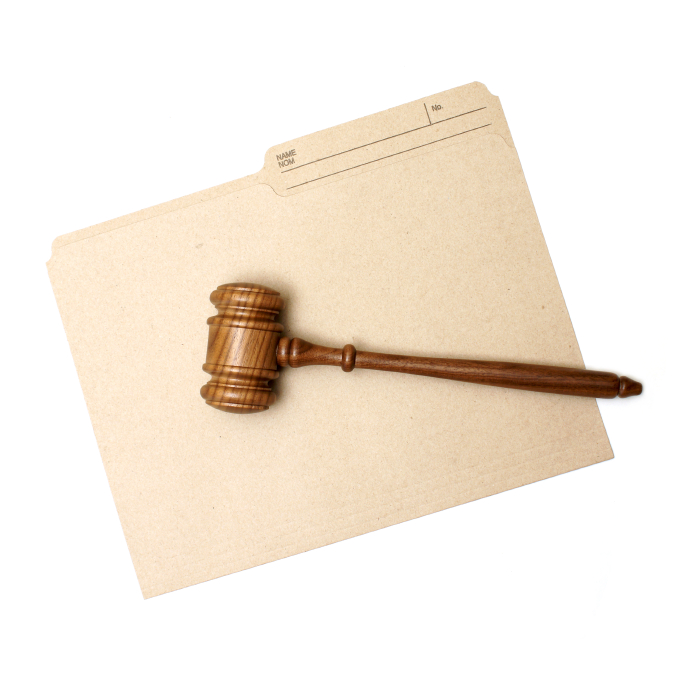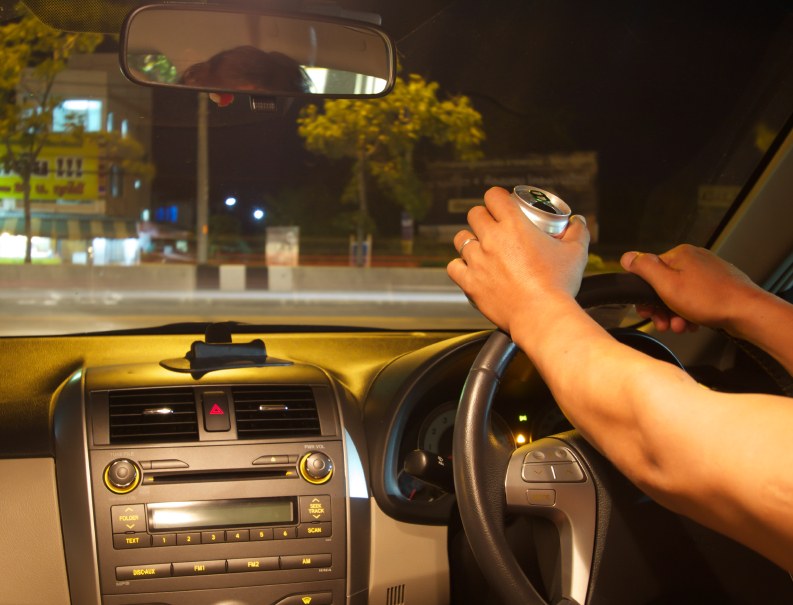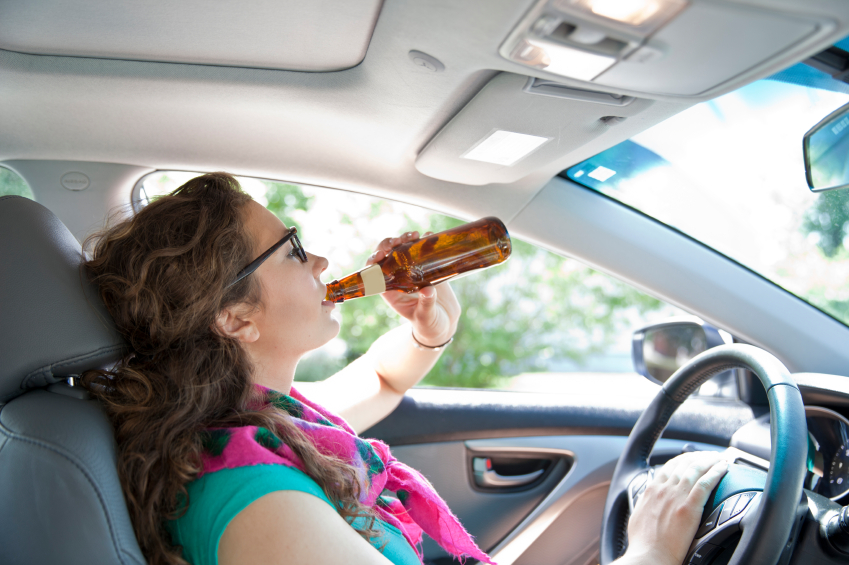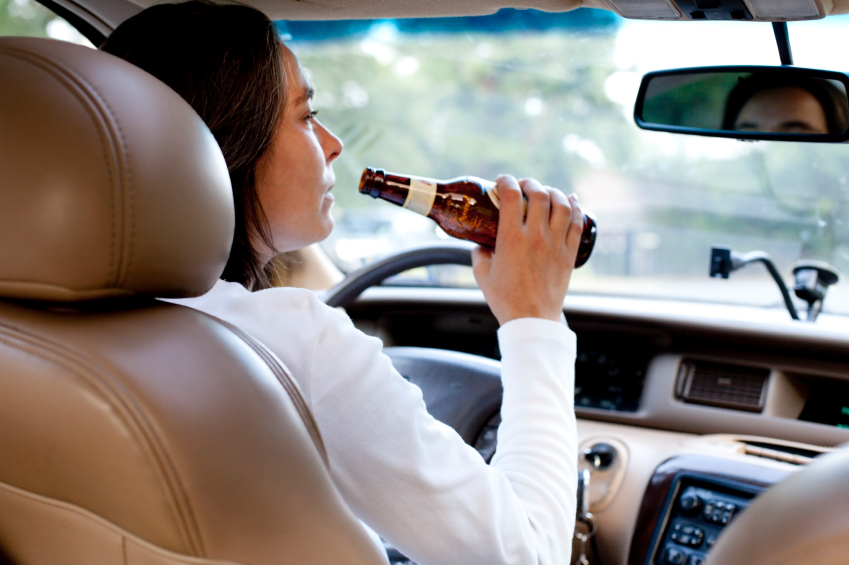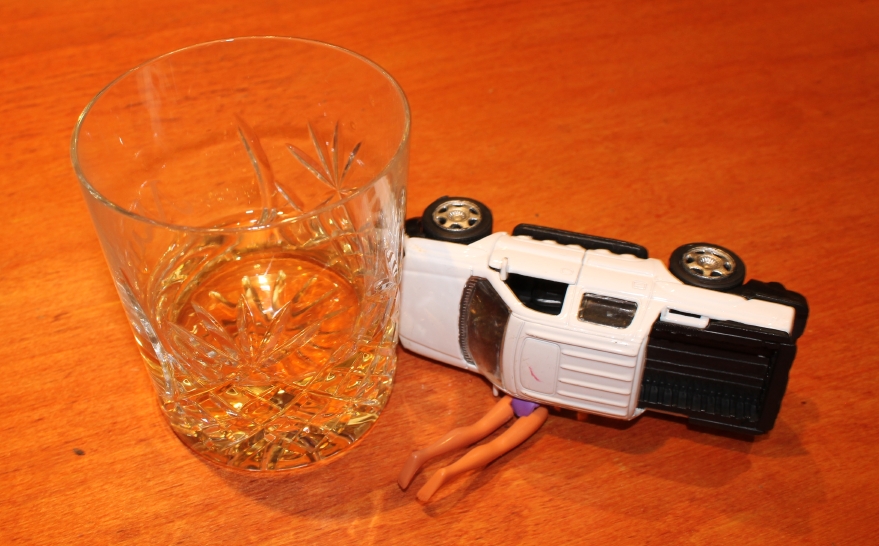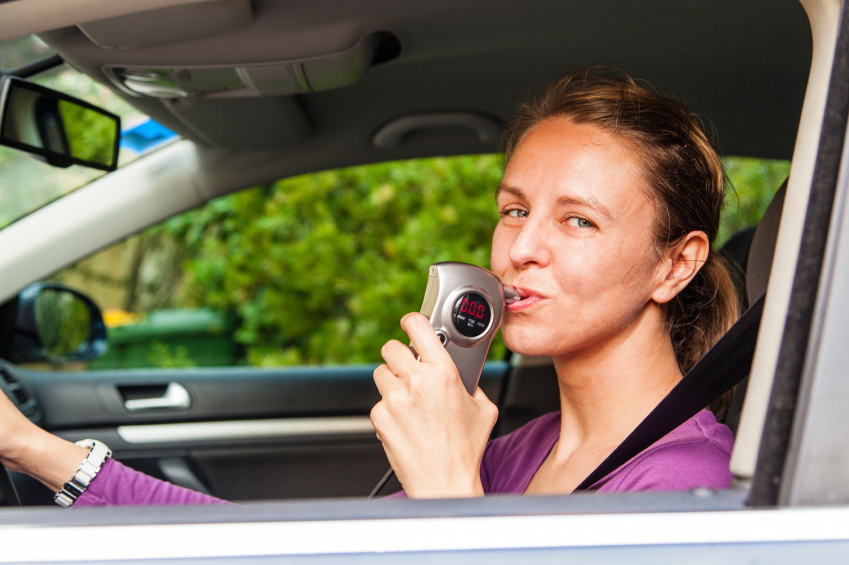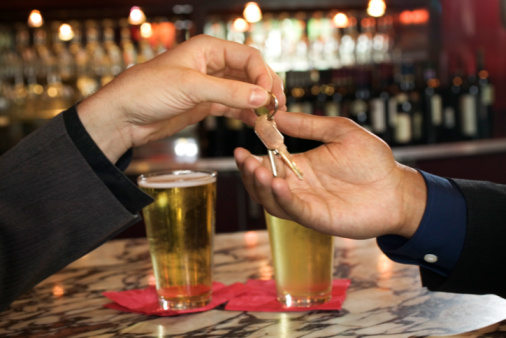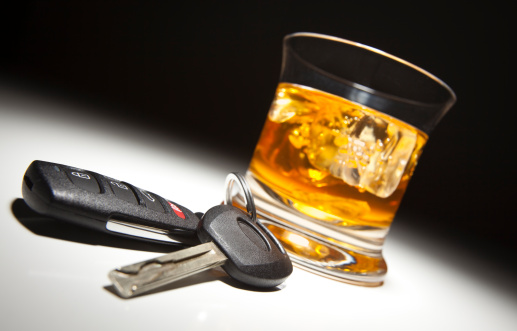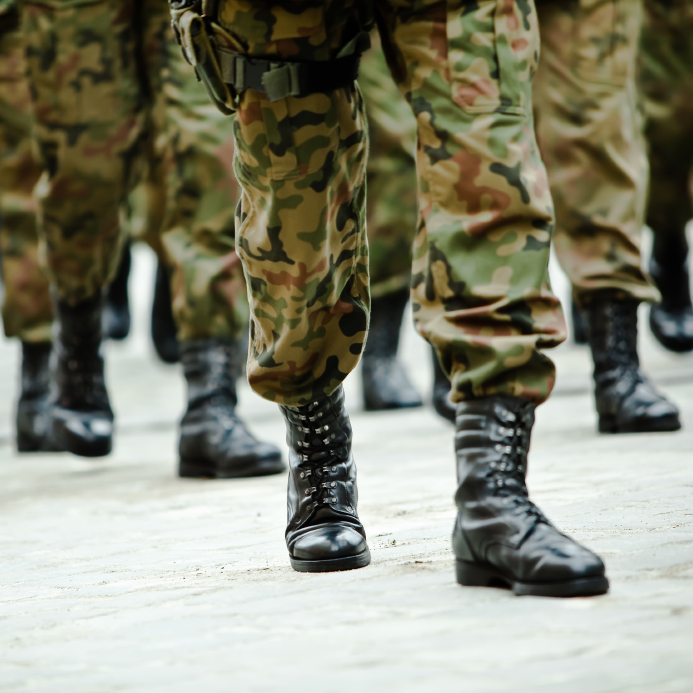
Veterans Have Higher Rates of DWI and Other Traffic Offenses
For many years, the battles our veterans face outside the warzone had been swept under the rug, Even now, we’re just starting to understand how much individuals are impacted. According to the U.S. Department of Veterans Affairs, post-traumatic stress disorder (PTSD) affects a huge number of servicemen, though pinning down an exact amount is difficult, and the degree to which veterans are affected seems to vary by era. Some studies indicate that as much as 20% of veterans returning from Iraq or Afghanistan, and 12% of those who were in Desert Storm, live with PTSD. We also know that as a result of PTSD, many veterans become entangled in interpersonal violence, and have high suicide rates. Recently, the Washington Post covered a study that shows veterans are more likely to get a DWI and have traffic violations as well.
Veterans and Raleigh Traffic Offenses
There are a couple of reasons why veterans have more traffic violations. The first, and perhaps easier to explain, is that they may be trying to get the adrenaline rush, or euphoria, that comes with speed. The second, and more complex reason, is that their brains have been trained to think differently. The very things that kept them alive overseas may be dangerous habits here. Unaffected drivers scan roadways and attempt to predict the actions of other drivers. This technique is taught in defensive driving courses across the country. Soldiers, especially those with PTSD, also scan, but for different reasons. They’re watching trucks that sit low to the ground, because that might indicate a heavy load and danger on the battlefield. They’re scrutinizing overpasses and bridges for signs of an ambush. They’re wary of slow-moving vehicles, which could mean trouble or simply impede a swift departure. They often don’t wear seatbelts, in case they need to exit the vehicle quickly. Understandably, these things also lead to what most people call aggressive driving- speeding, changing lanes rapidly, ignoring traffic signals, and more.
Veterans and Raleigh DWI
Another study uncovered that one-in-eight soldiers returning from Afghanistan or Iran received treatment for alcohol abuse. Nearly one-in-four servicemen, of any era, report that they engage in binge drinking. This isn’t surprising, considering that alcohol use is often a symptom of PTSD. In addition to the PTSD link, it’s been noted that alcohol is often part of the culture for soldiers stationed overseas, and drinking and driving is common. Moreover, soldiers have been trained how to handle vehicles under extreme circumstances, like during firefights or while shooting, and driving impaired isn’t too dissimilar in feel from driving under those extenuating circumstances.
Veterans Have More Accidents
The Washington Post article notes that soldiers who returned from Afghanistan and Iraq are involved in 75% more collisions than civilians. Soldiers are also more likely to be found at-fault in a collision in the six-month period after a deployment than in the 6-month period before deployment. Those in the Army saw the highest increase in collisions, at 23%. Overall, troops with a single deployment saw a 12% increase, those with two deployments had a 27% hike, and after a third deployment, troops had a 36% increase in accidents.
How to Get Help for PTSD
If you’re a veteran, thank you for your service. Americans everywhere are grateful for the sacrifices you have made, and those you continue to make daily. You should also know that you are not alone in your struggles, and that help is available for PTSD. Please visit the U.S. Department of Veterans Affairs, National Center for PTSD website for a list of resources.
Raleigh DWI Attorney
Despite the direct correlation between veteran status and traffic violations, the courts don’t provide any courtesies. You may need a lawyer to help ensure you’re treated fairly if you’re involved in a legal situation. We will aggressively fight for you, and will give you the straight answers you deserve. For a free consultation, please complete our online form or speak to one of our attorneys now by calling 919-833-5555.

